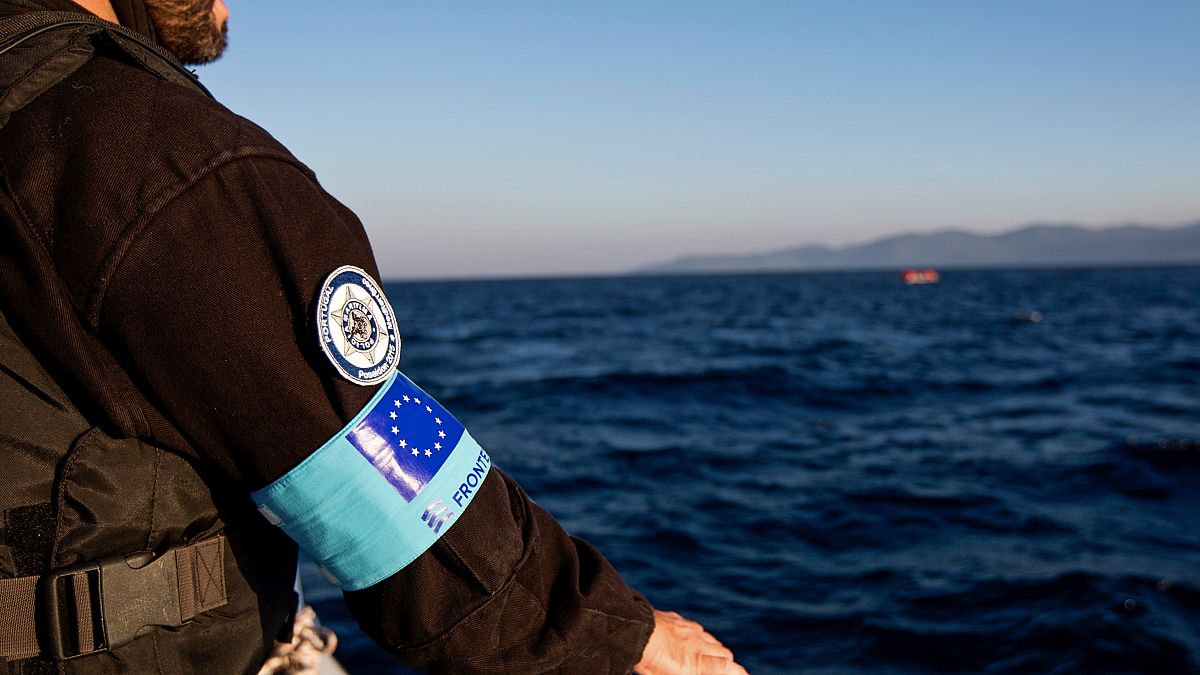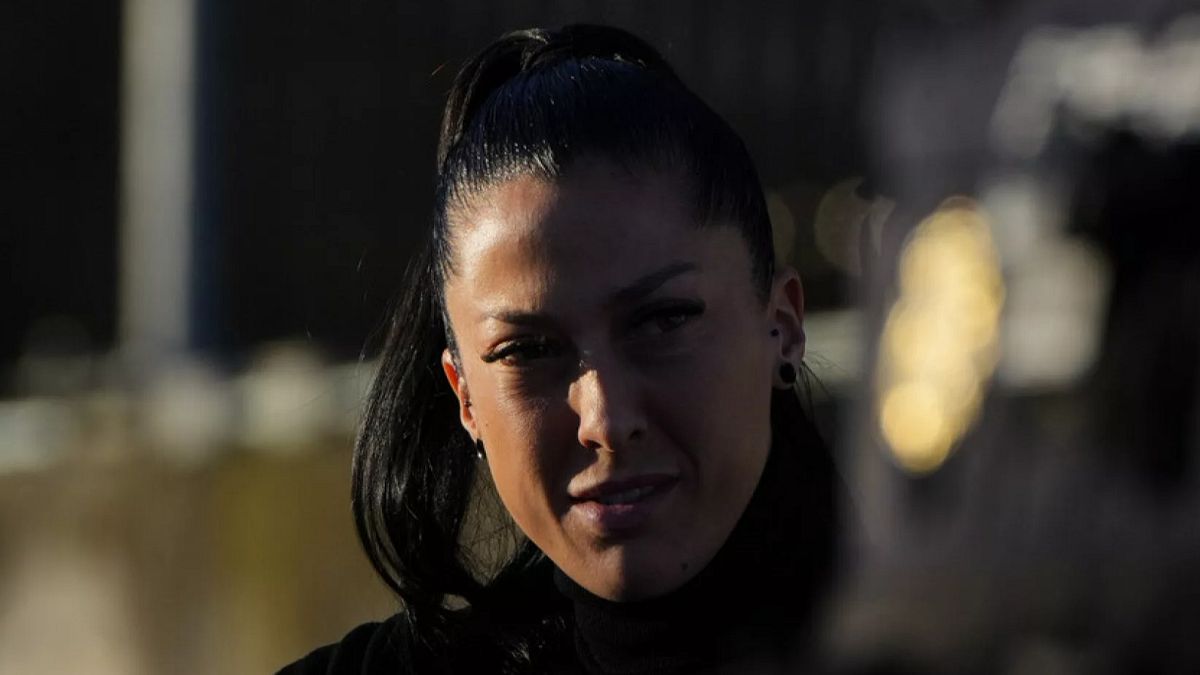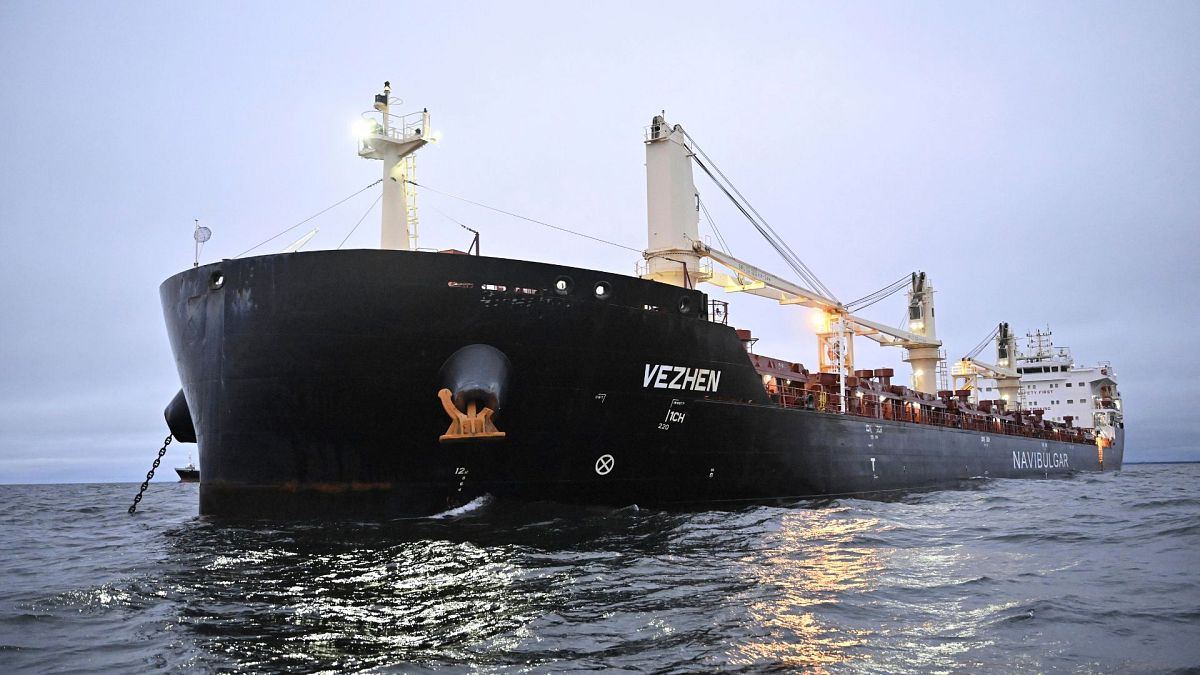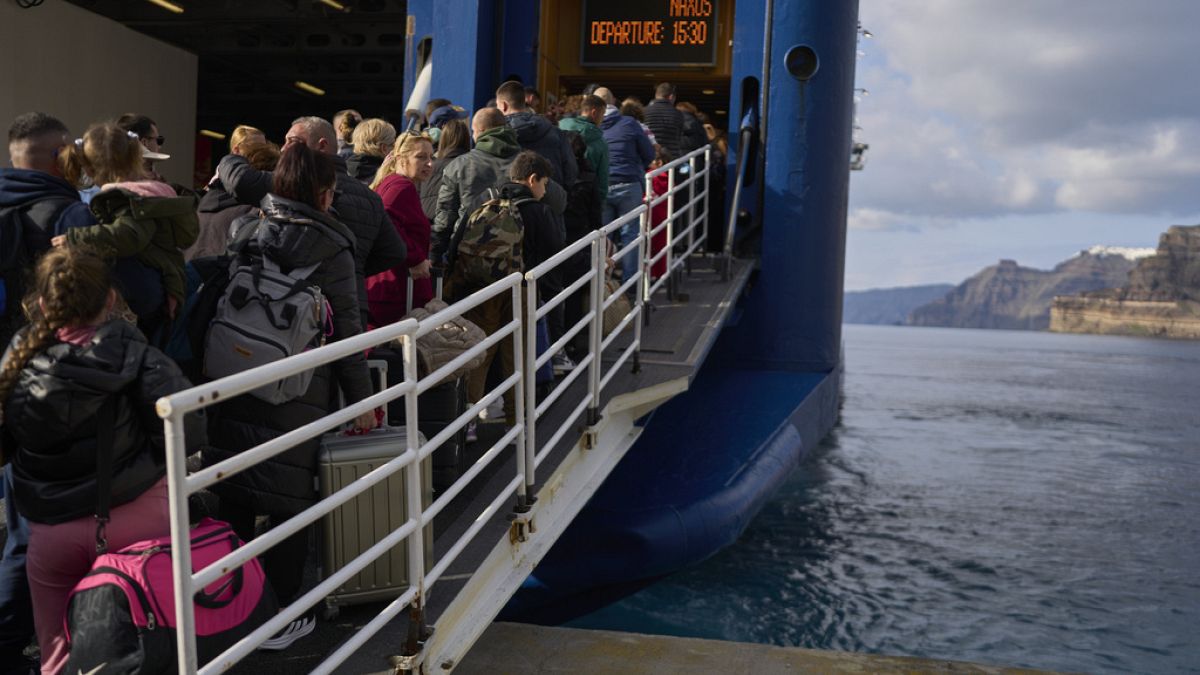The case could reshape Frontex’s operations if the court rules that the EU’s border agency failed to monitor fundamental rights compliance.
A Syrian family wants to hold Frontex accountable for human rights violations and illegal pushbacks. If the European Court’s decision confirms their claims, it could change how the agency works.
This landmark case against Frontex arrived on Tuesday at the Grand Chamber of the EU Court of Justice. The European Court in Luxembourg heard arguments about Frontex’s role in illegal pushbacks.
Lawyers from Human Rights law firm Prakken d’Oliveira are pursuing the case, which is supported by the Dutch Council for Refugees, among others.
“The case is critical because it’s the first case in which the question of whether Frontex can be held responsible for human rights violations at the borders is at the heart of the case. So, the court’s decision will have a big impact on Frontex’s practice and how it behaves at the European borders,” explains Prakken d’Oliveira’s Lisa-Marie Komp.
Sent back without processing, detained, forced to flee again
At the end of 2016, the family arrived in Greece, where their asylum application was registered. However, just eleven days later, Frontex and Greek authorities forcibly placed them on a flight to Türkiye – without processing their asylum request or issuing a return decision.
The parents were separated from their four young children during the flight while Frontex staff was at the scene. They were also prohibited from speaking to anyone throughout the journey.
Upon arrival in Turkey, the family was immediately detained. As a result of this removal, their lawyers claim that they became victims of an illegal pushback – an unlawful practice in which individuals are forcibly removed without due process, stripping them of their fundamental right to seek and apply for asylum.
Following their release, the family, fearing further removal to Syria, fled to northern Iraq. The lawsuit against Frontex was filed at the end of 2021.
According to the lawyers, Frontex also violated the fundamental principle of non-refoulment, which prohibits returning anyone to a country where they face persecution or risk inhumane treatment. Both the right to seek asylum and the non-refoulement principle are binding legal obligations under EU law, enshrined in the EU Charter of Fundamental Rights.
Furthermore, by separating the children from their parents during the flight, Frontex also breached children’s rights, their representatives argue. Following their release, the family, fearing further removal to Syria, felt obliged to flee to northern Iraq.
Monitoring and reporting duties under scrutiny
The case addresses a crucial question: Can the European Border and Coast Guard Agency be held accountable for its role in illegal pushbacks? Is this practice systematically employed at the EU’s external borders?
“The court’s decision will have an important impact on the functioning of Frontex especially. So, of course, if the court confirms that Frontex is liable for the failure to ensure the protection of fundamental rights, then Frontex must ensure that in its operations, it really ensures that fundamental rights are complied with. Even if the court were to decide that Frontex cannot be held liable, this would send a significant signal to the political arena, where often the argument is made that Frontex’s presence is needed as a form of human rights monitoring. This argument, of course, is no longer valid if the court does not confirm that Frontex holds liability for fundamental rights violations,” said the lawyer.
The outcome could have far-reaching consequences for Frontex and other EU institutions, impacting their monitoring and reporting duties and their responsibility to take meaningful action against human rights violations.
The case unfolds against the backdrop of persistent, large-scale pushbacks along the EU’s external borders – a practice systematically employed by European member states to prevent asylum seekers from entering Europe.
As the Union’s “eyes and ears” at the borders, Frontex is responsible for safeguarding human rights. This case directly questions whether that responsibility is being fulfilled.
“Through this case, the Syrian family and the supporting organisations seek to deliver a clear message: no EU institution is above the law. The Grand Chamber’s decision to hear the case affirms that the European legal system is prepared to examine Frontex’s role and accountability, reinforcing the EU’s values of justice and human rights,” says Lisa-Marie Komp.
“The Syrian family is very much looking forward to the judgment because, for the family, it must be acknowledged that Frontex acted unlawfully and failed to protect their fundamental rights and thereby failed to live up to the role it has been assigned to,” the lawyer added.
Frontex points to member states’ responsibilities
Euronews contacted Frontex’s Spokesperson for a reaction. The spokesperson did not want to discuss the details of the case because it is still ongoing, but he insisted that it is the responsibility of the member states.
“Frontex is dedicated to upholding fundamental rights in all its activities. To this end, we put in place various safeguards, including the monitoring of returns by the Frontex fundamental rights monitors, a complaints mechanism, and serious incident reporting procedures have been adapted to better respond to ever-changing operational challenges», said Krzysztof Borowski.
“Frontex requires the member states to explicitly confirm that the persons, for whose return the agency’s support is requested, have been issued individual enforceable return decisions and have been granted the opportunity to seek international protection. And, in case they used this opportunity, their application was duly processed and concluded in accordance with the applicable EU legislation and international principles,” he added.
“In most flights organised by Frontex, fundamental rights monitors are present onboard to observe the entire operation. Frontex also collaborates closely with the Fundamental Rights Office to intervene in cases of potential rights violations and proactively prevent such issues from arising in the first place”, he concluded.


